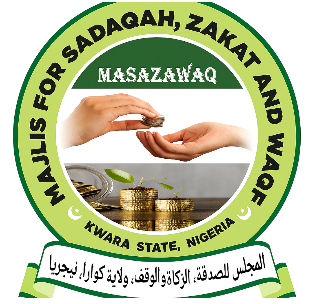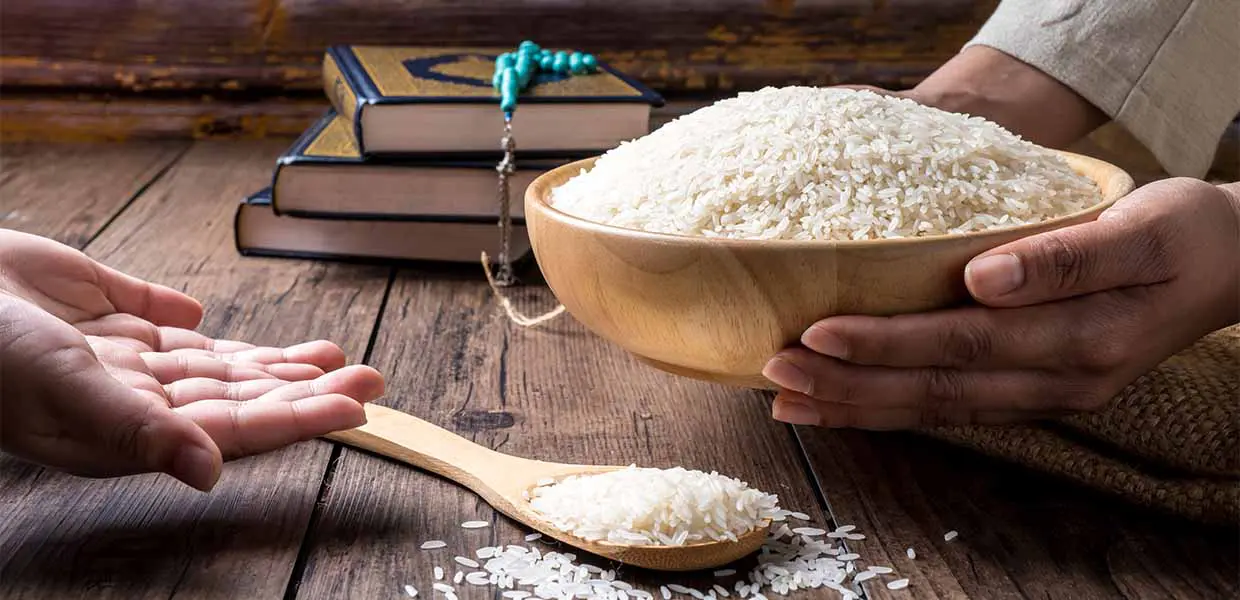As Muslims, we are blessed with a comprehensive way of life through Islam, guiding not only our acts of worship but also how we engage with one another. Among these practices, Zakat and Sadaqah are essential means to purify our wealth and our souls. These two forms of charity are at the core of creating a just and compassionate society.
Allah (SWT) reminds us of the importance of giving in the Qur’an:
خُذۡ مِنۡ أَمۡوَٰلِهِمۡ صَدَقَةٗ تُطَهِّرُهُمۡ وَتُزَكِّيهِم بِهَا
“Take from their wealth a charity by which you purify them and cause them increase.”
(Surah At-Tawbah, 9:103)
This verse beautifully highlights the dual benefit of charity—it purifies the wealth of the giver while increasing their blessings and purifying their soul. Zakat is not only a way to cleanse our wealth but also a form of purification for our hearts, promoting humility and empathy for the less fortunate. Sadaqah, too, serves as a bridge of compassion, encouraging voluntary charity for the sake of Allah (SWT).
The Importance of Zakat and Sadaqah in Islamic Teachings
Zakat, one of the five pillars of Islam, is obligatory for those who have reached a certain level of wealth. It is a divine mandate meant to redistribute wealth and alleviate poverty. Through Zakat, wealth is purified, and it becomes a means to support those in need, fostering a balanced and compassionate society.
Allah (SWT) commands:
وَأَقِيمُواْ ٱلصَّلَوٰةَ وَءَاتُواْ ٱلزَّكَوٰةَ
“And establish prayer and give Zakat.”
(Surah Al-Baqarah, 2:43)
Zakat is not merely a financial transaction but an act of worship, reflecting our obedience to Allah (SWT) and our concern for the welfare of the community.
Sadaqah, on the other hand, is a voluntary charity given out of compassion, love, friendship, or generosity. It is not restricted to wealth but includes any act of kindness, no matter how small.
The Prophet Muhammad (PBUH) said:
كُلُّ مَعْرُوفٍ صَدَقَةٌ
“Every act of goodness is charity.”
(Sahih Muslim)
Sadaqah can be a smile, a kind word, or a helping hand. It strengthens bonds within the community and earns the giver tremendous rewards from Allah (SWT). The beauty of Sadaqah is that it can be given at any time, in any form, and by anyone.
Practical Guidance for Muslims: Fulfilling Zakat and Sadaqah
Calculating and Paying Zakat: For those eligible, Zakat is calculated at 2.5% of surplus wealth that has been held for one lunar year. This includes assets such as savings, investments, gold, and property that are beyond one’s basic needs. Here are some steps to ensure your Zakat is properly fulfilled:
1. Determine Nisab: This is the minimum amount of wealth one must have before they are liable to pay Zakat. It is equivalent to 87.48 grams of gold or 612.36 grams of silver.
2. Calculate Assets and Liabilities: Take account of your total wealth, excluding items like your home, car, or basic necessities.
3. Give to the Right Recipients: The Qur’an defines the recipients of Zakat in Surah At-Tawbah (9:60), including the poor, the needy, and those in debt.
Giving Sadaqah: Sadaqah can be given in many forms, and it is highly encouraged to give regularly, even if it’s a small amount. Some ways to give Sadaqah include:
– Financial Contributions: Donate to charitable organizations, local mosques, or directly to people in need.
– Acts of Service: Volunteer your time to help others, from assisting at shelters to visiting the sick.
– Daily Acts of Kindness: Every smile, kind word, or helpful gesture is a form of Sadaqah.
At Masazawaq, we are committed to ensuring that Zakat and Sadaqah are properly managed and distributed according to Islamic guidelines. Through your contributions, lives are being transformed, and communities are thriving. By donating to Masazawaq, you can be assured that your Zakat and Sadaqah are reaching those in genuine need, making a real difference.
Join us in uplifting the Ummah.
Donate today!





